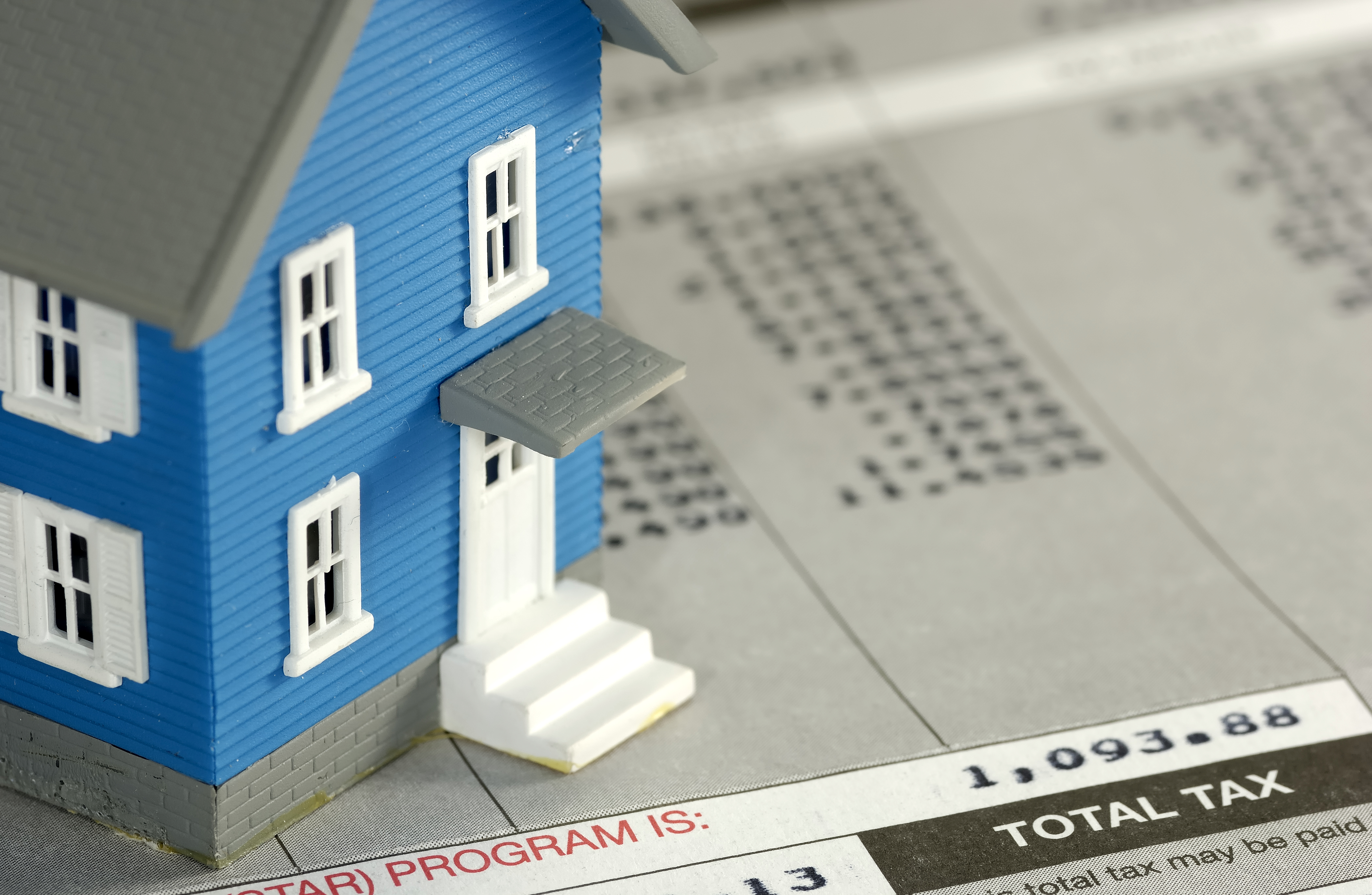AARP Hearing Center

In 1963, Lilyan Cralle moved into her ranch house in Willingboro, northeast of Philadelphia. Now, almost 60 years later, a new state property tax program is going to help her stay there.
“For seniors, for the most part, as long as we’re able, we’d like to stay in our own homes,” she says. “Living in this house is the longest thing I’ve ever done.”
The program will help homeowners and renters pay property taxes in the state that has the highest in the country. As a qualifying property owner, Cralle, 82, will receive $1,500 in the spring of 2023 through the Affordable New Jersey Communities for Homeowners and Renters—known as ANCHOR—program, which in 2022 replaced the Homestead Benefit. Cralle, who pays about $5,000 a year in property taxes, says the rebate will help offset other expenses, such as the $1,000 she pays per year for a blood thinner and the ever-increasing cost of groceries.
As an AARP New Jersey volunteer, Cralle advocated for ANCHOR, which was approved by the state Legislature as part of the fiscal 2023 budget agreement, and signed by Gov. Phil Murphy (D) in June.
For homeowners and renters, now is the time to act: You only have until Jan. 31 to apply for the rebate, which is tied to your 2019 income and property tax payments.
New Jersey has the dubious honor of having the nation’s highest property taxes, according to the Tax Foundation, a Washington-based research organization. In 2021, the average New Jersey property tax bill was $9,284, notes the state Department of Community Affairs.
Renters enjoy benefits too
To qualify for ANCHOR, New Jerseyans must have owned or rented their principal residence on Oct. 1, 2019. A homeowner earning up to $150,000 in gross income will receive a $1,500 rebate; one with an income of more than $150,000 and up to $250,000 will receive a $1,000 rebate; and renters with incomes up to $150,000 will receive $450.
“The renter isn’t writing the check for the taxes, but they’re definitely paying it,” Cralle says.
Katie York, AARP New Jersey’s associate state director for advocacy, says recent AARP surveys found that both property taxes and rents were burdens. “A lot of people don’t realize that property taxes and rent are connected,” she says. “You know, as property taxes go up, oftentimes you’ll see an increase in rent.”
AARP is working to reach residents so they don’t miss the rebates. In September, it held a tele-town hall with State Treasurer Elizabeth Maher Muoio, who answered questions on how to file for the rebate.
It’s estimated that the program could help more than 1.1 million homeowners and more than 900,000 renters in 2023—if they all apply. It will provide $2 billion in property tax relief. That compares with 470,000 homeowners and $260 million under the former Homestead Benefit program.
Marita Sciarrotta, a deputy director for the Division of Taxation within the state Treasury Department, said during the town hall that the application form and process will be similar to the homestead program. Renters and homeowners can apply online or through the mail. Homeowners can also file over the phone.
“The ANCHOR program builds on this administration’s promise to make New Jersey a stronger, fairer, more affordable state for our older adult homeowners and renters,” Murphy said in an emailed statement.
The tax rebates are expected to be distributed as checks or direct deposits beginning in late spring.
For more information, go to nj.gov/treasury/taxation/anchor, or call 888-238-1233. Visit aarp.org/njresources to learn about other financial relief programs.
Donna Liquori is a writer living in Albany, New York.
For more on property tax































































